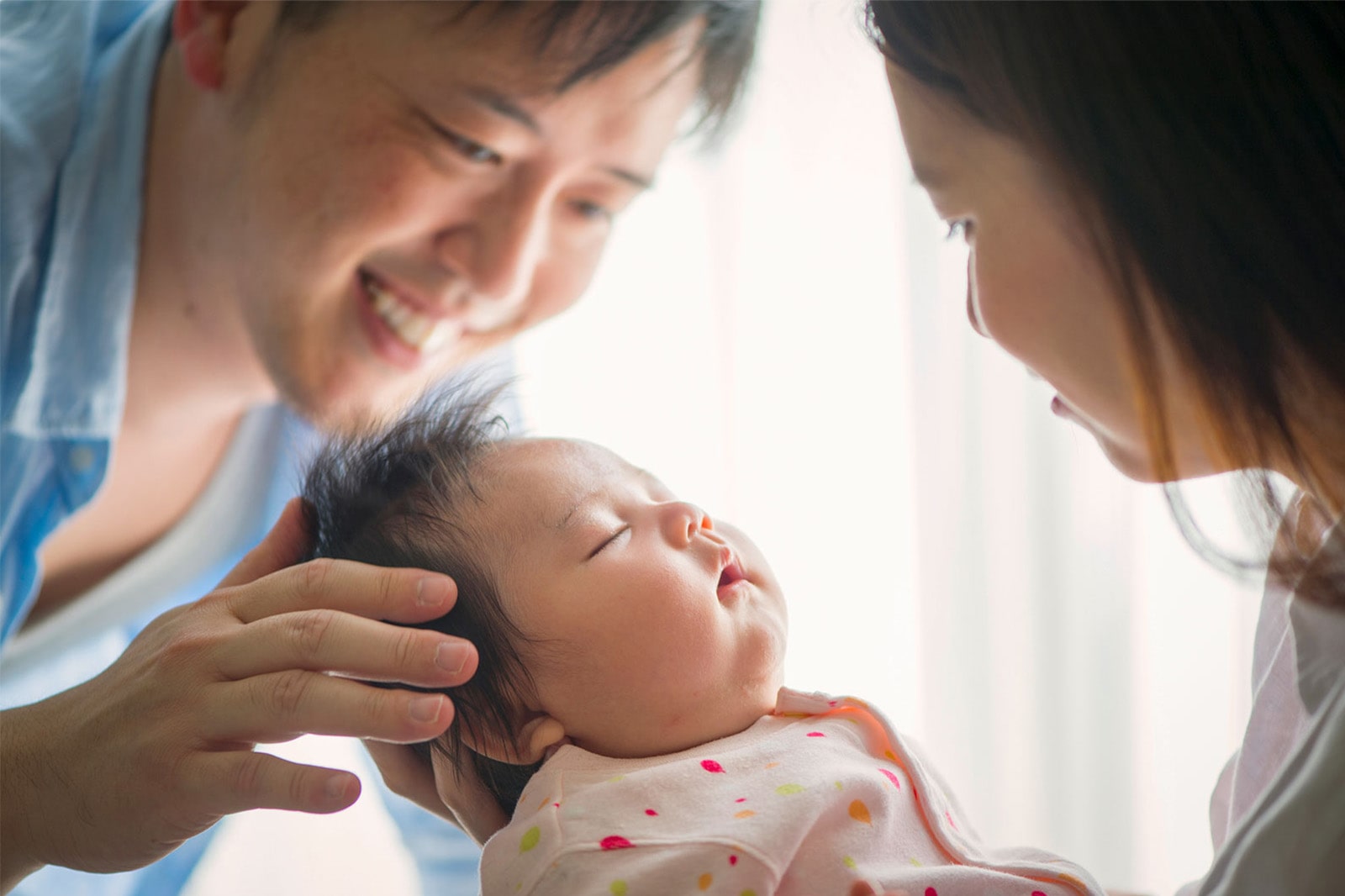Parenting
Japan stands out in the world not only because it is one of the richest and most developed countries. Child-rearing in this country is characterised by principles that are unusual in the West.
In Japan, children’s curiosity, being a full part of society and learning about the world from an early age are encouraged. From the very early days, a special relationship is built between the child and the mother. The first few years of life are spent with mum, not dad or grandparents. Parents in Japan usually work 6 days a week and rarely see their babies. Dad’s most important contribution is to announce the name of the newborn to the family on the seventh day after the birth.
In Japan, it is unusual to hire babysitters because mothers do not trust a stranger, so they rarely entrust childcare to their own mothers, sisters or aunties. It is not surprising that the bond between a child and its mother is particularly intimate. In Japan, a child has unconditional trust and dependence on his mother. Mothers give their offspring as much attention as possible. Children even sleep in the same bed with their parents, in order to establish a strong emotional bond with the child and to show warmth, positivity and friendship between people. Mothers try to cuddle the child as often as possible to reduce stress.
Parenting is not about disciplining young children, but about explaining to them the consequences of misbehaving. The biggest punishment for a child in Japan is to disappoint or shame his or her mother or family. In Japan, parents are guided by the principle of “learning from mistakes” when raising their children. They believe that by the age of five, a child should be growing up and learning about the world without adult interference. In Japan, up to the age of five, a child can do anything and is considered a king. Later, the child is brought up strictly until, at the age of 15, he or she is considered equal to an adult.
Japanese culture
Japanese culture is unique. The Japanese are modest people who value and protect their personal space. Don’t be surprised if you visit a café in Japan and see partitioned tables. This is a way for café owners to protect their customers’ personal space.
In Japan, people’s showering and bathing habits also differ from those in Western countries. A Japanese bath is slightly different from a regular Western bath. It is usually smaller but deeper. In Japan, it is compulsory to take a shower before getting into the bath, so most people use the shower for this. After showering, you can get in the bath. Be aware that the water is usually very hot: the Japanese love it so much that the temperature in the bath can be as high as 45 degrees!
One very important thing is that you cannot drain the bath water. Because you’ve showered before you get in the bath, the water stays clean and is not changed until everyone in the house has showered. Some Japanese use the same water for washing the next day.
Japan also has different tidying habits than Western countries, because people do a lot of tidying. For example, there are no cleaners in schools, students have to clean their classrooms and bathrooms at the end of each day, and students and teachers spend a couple of hours on specific days cleaning the school and the surrounding area. This helps children and students to develop a sense of autonomy and responsibility.


